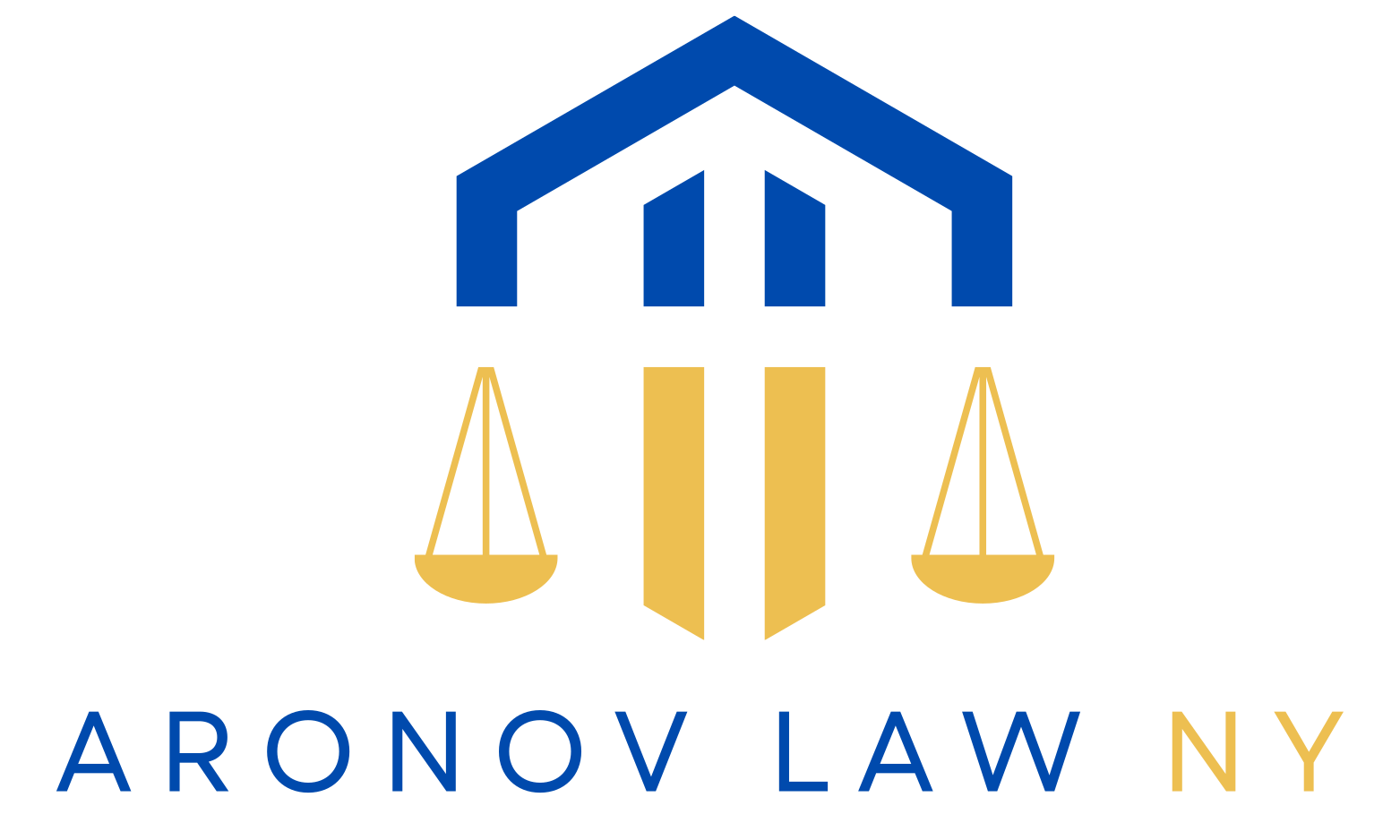Joint Custody Vs Sole Custody In NY Explained By A Lawyer
Custody is the legal responsibility for a child’s care. There are two types of custody:
- Legal custody – A parent with legal custody is responsible for decision-making surrounding a child’s health, education, religion, as well as their overall welfare.
- Physical custody – Otherwise known as “residential custody” is where the child primarily resides.
It is possible to combine legal and physical custody between parents. One parent may have legal custody while the other has physical custody. It is also possible for one parent to have sole physical custody while sharing joint legal custody with the other parent. It is always preferable for co-parents to come to an agreement about custody that suits their unique needs and circumstances rather than leave it to a third party such as a family court judge.
It is a common misconception that the mother automatically gets custody of the children in a divorce. An experienced child custody and visitation attorney will help you in reaching your custody goals no matter which parent you are.
Joint Custody or Sole Custody
Joint custody is not automatically awarded to parents. This is an arrangement that must be established by the parties so that they may work together to come to an agreement on all matters relating to their child’s general welfare including the child’s health, education, and religion.
A judge in New York state will not put families in the untenable position of making hostile parties work together in such a way. This is a feasible arrangement only when parents can communicate amicably on matters affecting their child. If the parties are unable to move forward on harmonious terms, the judge will award one parent “legal custody” of the child and that parent will be the sole decision maker on all matters.
In situations involving conflict over legal and physical custody, you need a child custody attorney that is unmatched in their experience and expertise. While it is always in the best interest of families (emotionally and financially) to reach an agreement, sometimes it is necessary to litigate such matters and proceed to trial. Good lawyers will be capable of advising families on when this is the only available solution and will not drag clients and their families through the strain of unnecessary litigation.
Corporate Office: 88-02 136th Street, Queens, NY 11418
Secondary Divorce Law Office: 98-14 Queens Blvd, Queens, NY 11374 (718) 206-2050 – Call To Schedule Before Arrival.
Midtown Manhattan Divorce Office:
31 W 34th St. #7162, New York, NY 10001
Brooklyn, NY Divorce Office:
195 Montague St, Brooklyn, NY 11201


Free Legal Consultation
98-14 Queens Blvd
